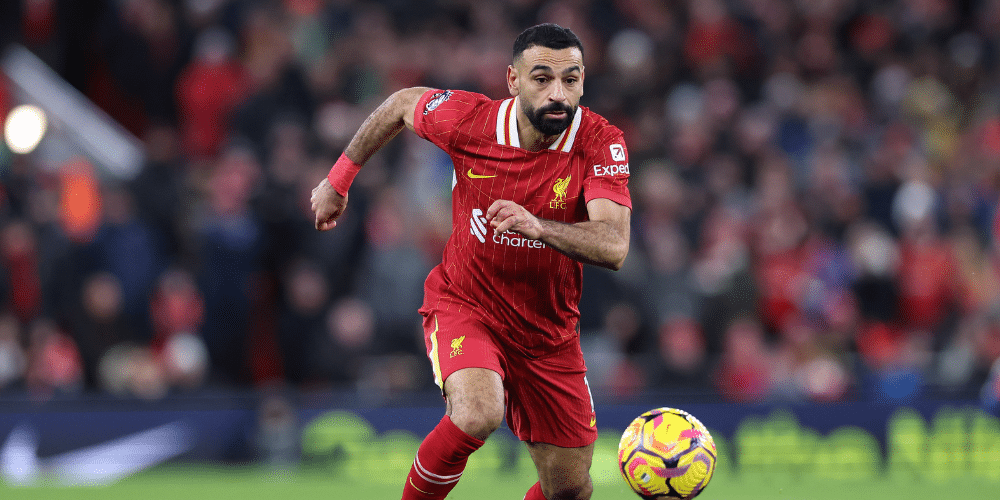Gambling
Sports leagues thought they hit the jackpot by partnering with the betting industry–but gambling scandals are turning Americans against them

As more details emerge from the latest sports betting scandal, the gambling addiction of the longtime translator of baseball star Shohei Ohtani has become all too clear. Federal prosecutors have formally charged translator Ippei Mizuhara with stealing more than $16 million from Ohtani’s bank account to place illicit bets and support the addiction.
Which domino will fall next? Unfortunately for sports fans everywhere, the gambling problem may get worse before it gets better. The NBA has slapped Toronto Raptors center Jontay Porter with a lifetime ban after its investigation found him guilty of “betting irregularities.” While it is unclear how many professional athletes are involved in sports betting, gambling-related disciplinary action is on the rise.
Sports leagues are more immersed in the sports betting ecosystem than ever before, with the NFL in the middle of a $1 billion agreement with Caesars, DraftKings, and FanDuel while the NBA now allows active players to endorse sports betting or daily fantasy sports services, as long as the endorsement is general in nature and concerns betting on non-NBA action. Earlier this year, LeBron James signed a deal with DraftKings to promote gambling on football.
For sports leagues, it is easy to make assumptions about the public perception of sports betting. Given the omnipresence of gambling, from TV commercials and shows to billboards along the highway, one might assume that the overwhelming majority of Americans are familiar and comfortable with sports betting, if not enthusiastically supportive. The NBA, NFL, and other leagues are making a wager that a stronger alliance with sports betting outfits will bring millions of new fans into the fold and increase the engagement of existing fans, without the potential downsides coming to bear.
This is no sure bet. Consulting the polling data, sports leagues will see that gambling presents a nuanced picture. Many Americans are not even plugged into sports betting on a surface level, let alone the intricacies of “spreads” and “backdoor covers.” According to a recent survey of 1,109 adults representative of the U.S. population from The Harris Poll, only 17% of U.S. adults are very familiar with the controversy surrounding Ohtani and his interpreter, despite it dominating national headlines for weeks.
While sports betting has been mainstreamed in unprecedented ways, it remains incredibly divisive. Only half of U.S. adults have a positive opinion of sports betting; 63% believe that sports betting should not be widely promoted, whether it’s on TV, online, or through celebrity sponsorships; and 65% think that sports leagues should not encourage betting on their own sport.
Then there are the legitimate concerns about gambling addiction, which is already at an all-time high and getting worse. Millions of people are addicted to gambling, and roughly three-quarters (74%) of U.S. adults claim the widespread legalization of sports betting will lead to further increases in addiction. With such public partnerships, the onus may soon fall on sports leagues to support fans who fall into gambling addiction.
It should be noted that, while skepticism of sports betting is growing, there is also a crisis of perception at play. For instance, in the Ohtani scandal, MLB’s partners in the legal betting industry didn’t actually play a role. The likes of DraftKings and FanDuel may be facing a public “backlash,” but Mizuhara’s wagers were placed with an illegal bookmaker that was already under investigation by the Department of Homeland Security. The legal sportsbooks were not to blame in this case, and that is a key distinction.
Still, perception is often reality when it comes to controversy. And sports leagues will need to acknowledge the very real perception that sports betting and controversy are inextricably linked–especially when they have so willingly accepted sponsorship from sports betting companies. Seventy-five percent of Americans agree that leagues partnering with sports betting companies are inviting controversy, while 62% believe that legalizing sports betting jeopardizes the integrity of professional sports. Will that be taken seriously enough?
Therein lies a warning to America’s favorite sports leagues. Sports betting may be an extremely lucrative endeavor and one with newfound resonance in the national discourse, but it (still) poses reputational risks to entities swimming in those waters. It is imperative for sports leagues to monitor public opinion and gauge the pulse of their fans, most of whom are not gamblers and many of whom hold negative opinions about the business altogether.
If sports leagues are not careful, the sports betting industry’s dream can quickly turn into a nightmare for pro sports. The very integrity of sporting competition hangs in the balance.
Will Johnson is the CEO of The Harris Poll, one of the world’s leading public opinion, market research, and strategy firms.
More must-read commentary published by Fortune:
The opinions expressed in Fortune.com commentary pieces are solely the views of their authors and do not necessarily reflect the opinions and beliefs of Fortune.










